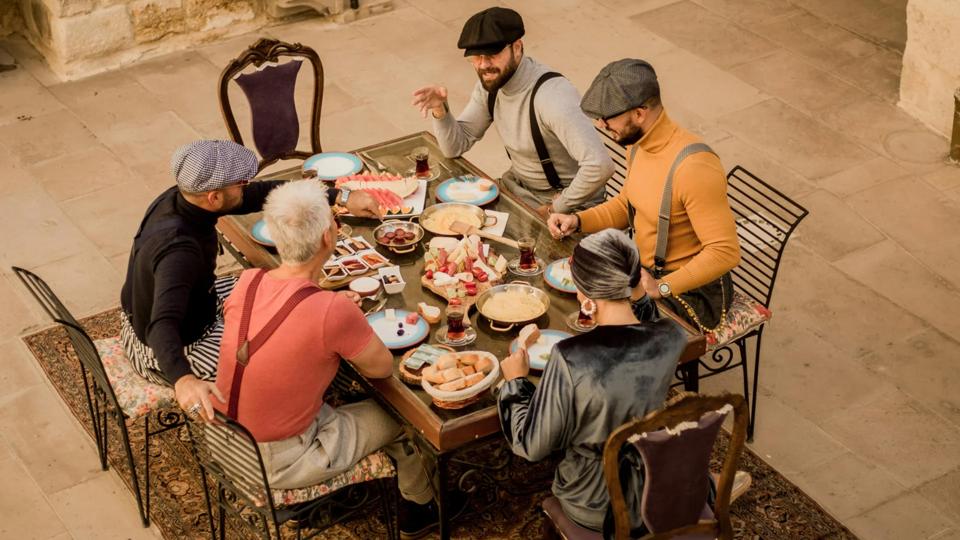
Turkish Restaurant Etiquette 101: Simple Dining Guide
Visiting Turkey is always a feast for the senses. The food is colorful. The flavors are bold. The dining culture is full of small surprises. If it is your first time in a traditional Turkish restaurant you may be puzzled by certain customs. One of the most common cultural surprises is when a small bowl arrives at your table. Many travelers think it is part of the appetizers. In fact it is soap water for washing hands. To save you from awkward moments this guide explains the basics of Turkish restaurant etiquette.
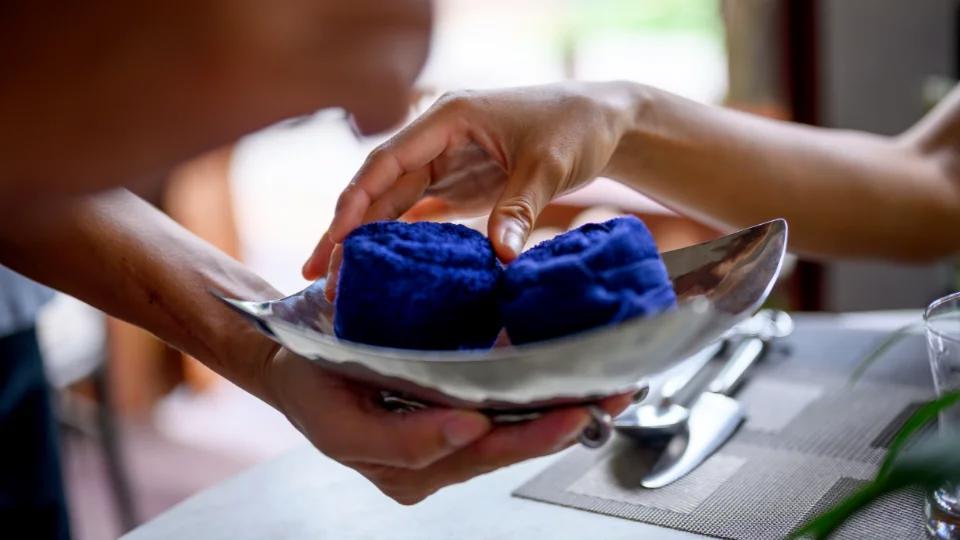
Do Turks Really Serve Soap As Food?
Not at all. The small bowl with lemon scented water or a wet towel is meant for hand cleaning before and after eating. Much of traditional Turkish dining includes shared plates. Sometimes people eat with their hands. Think of kebabs, pide or meze. Clean hands are important. So do not drink it. Dip your fingers or use it to freshen up.
How Do You Order Food Like A Local?
Many Turks do not order one main dish only. They prefer to order different meze to share. In lokantas and meyhanes you can walk to the counter and point at the dishes. This is common and helps you choose what looks fresh. Do not hesitate to ask what is popular that day. Locals enjoy guiding visitors to their favorites. To taste this style without stress you can join a Istanbul Private Food Tasting Tour.
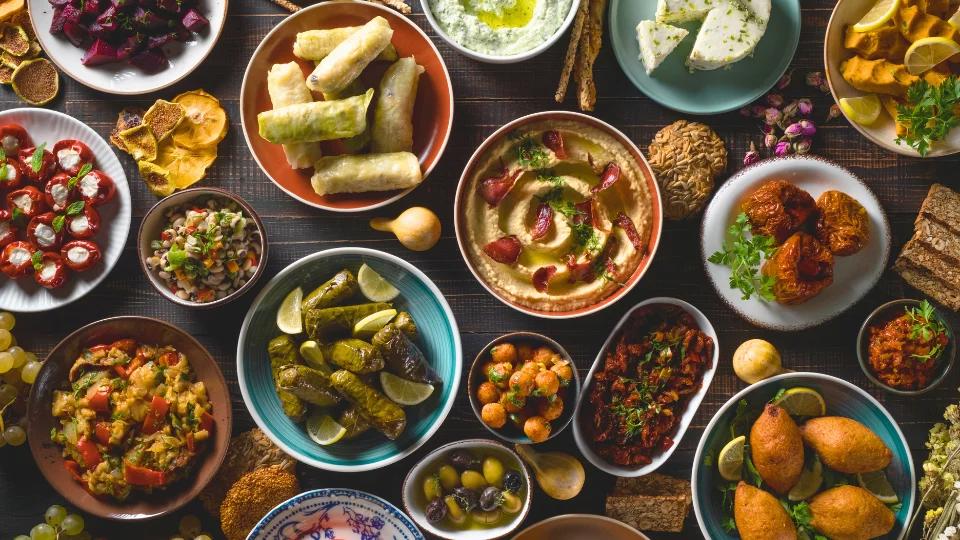
What Should You Expect When Dining In Turkey?
At a typical Turkish restaurant you can expect:
- Complimentary bread and water brought to the table without asking. The bread is often freshly baked and still hot. It may come with butter and a small plate of olives.
- A tray of meze or small appetizers before you choose your main dish. These can include hummus, haydari which is yogurt with herbs, ezme which is a spicy tomato dip, stuffed grape leaves, or eggplant salad.
- Strong Turkish tea or sweet baklava at the end of a meal. This is common in family run places. In some restaurants you may also be offered Turkish coffee with a glass of water. The water helps cleanse your palate so the coffee tastes even richer.
To try these traditions with confidence you can book a Evening Istanbul Food Tour. It combines Taksim and Beyoğlu walking route with tastings of the best local flavors.
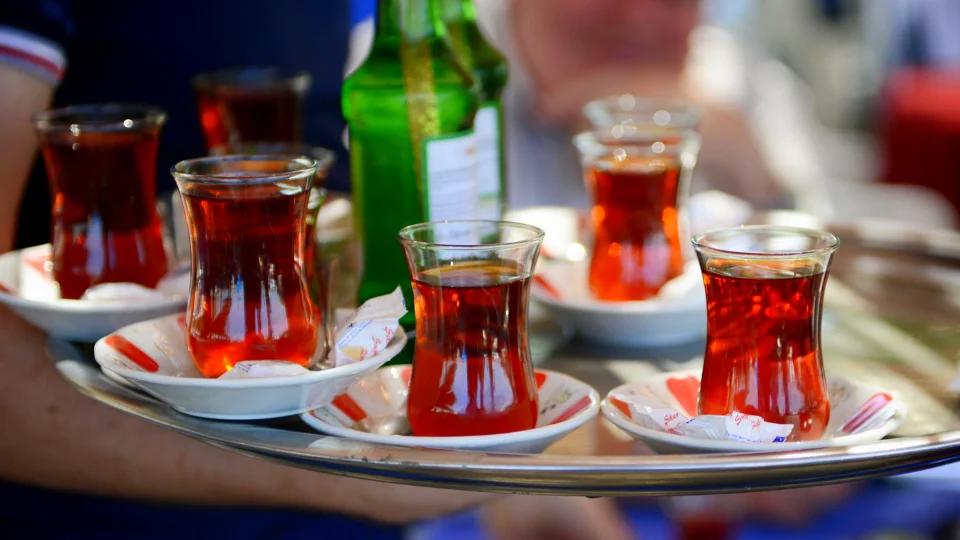
What Dining Customs Might Surprise You?
- Bread is sacred. It should not be wasted or thrown away.
- Sharing is expected. Turkish meals are social events with dishes in the middle of the table.
- Tea is endless. After a meal it is common to drink two or three glasses of hot black tea.
- Meals are a social experience. Dining is not rushed in Turkey. People love to eat slowly and talk. Long breakfasts with family and friends are a tradition. Business partners also meet in restaurants to eat and discuss plans in a relaxed way.
Is Tipping Expected In Turkey?
Yes. But tipping is not as heavy as in the United States. A 5 to 10 percent tip is polite in casual restaurants. In finer places 10 to 15 percent is appreciated. Some bills already include a service charge. Always check before you leave extra money.
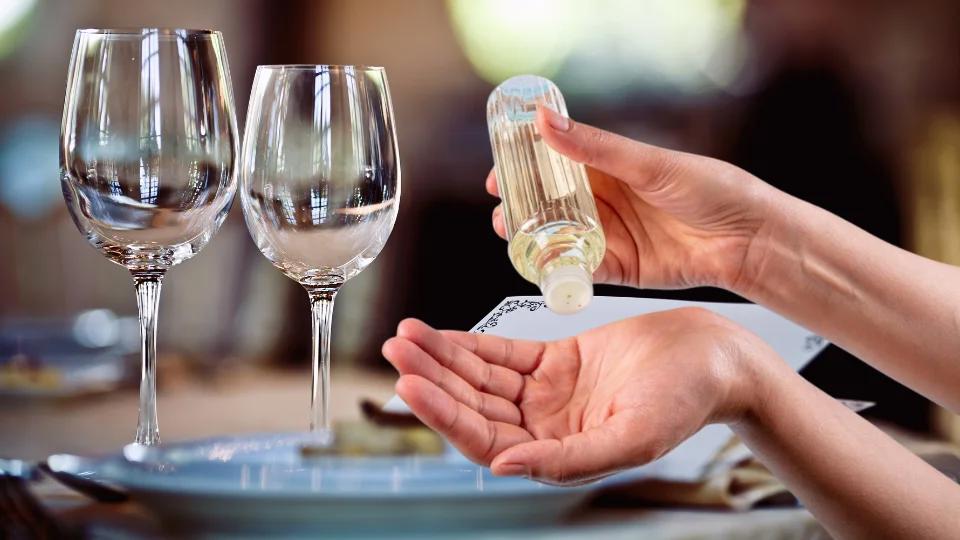
Is Eating With Hands Normal In Turkey?
For some foods yes. Kebabs, lahmacun also known as Turkish pizza, or stuffed mussels are often eaten with hands. But cutlery will always be provided for those who prefer it.
After eating it is common for restaurants to offer kolonya. This is cologne for cleaning and refreshing hands. It is a long Turkish tradition. Kolonya is usually lemon scented. It is made with alcohol and essential oils. Production is strong in places such as Isparta and Izmir where citrus fruits and flowers are grown. Guests use a splash to disinfect and to feel fresh before leaving.
To experience this part of culture together with sightseeing you can book a Private Turkey Highlights Tour. It blends historic sites with authentic food stops.
Eating in Turkey is more than filling your stomach. It is a cultural experience that shows respect, generosity, and connection. You will dive into the feast with confidence. Contact us to join Istanbul Street Food Tour or to book a Private Turkey Tour that combines history, flavors, and local life. Your seat at the table is waiting.